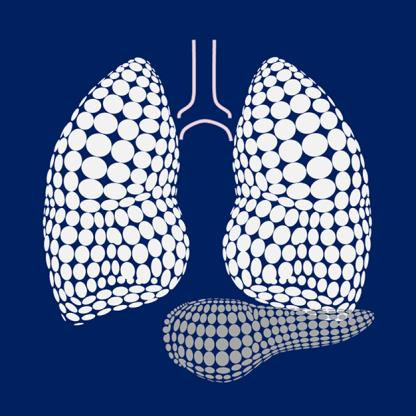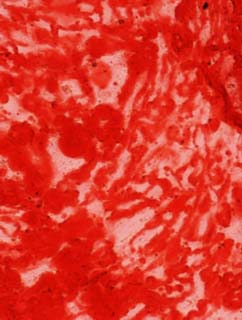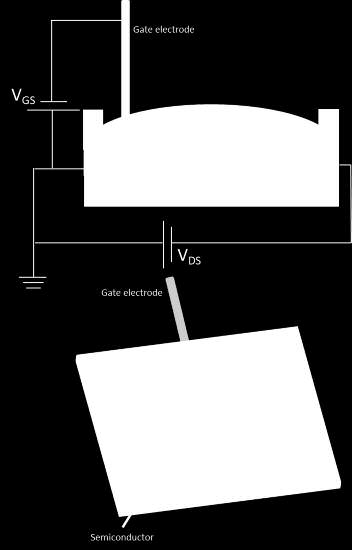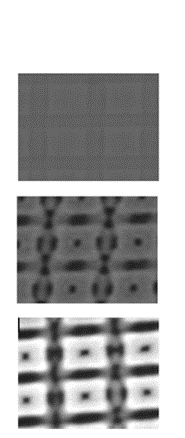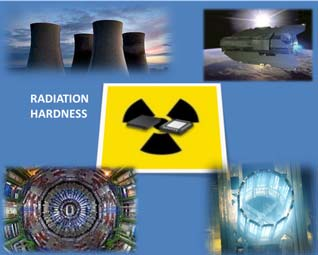CSIC has found the potential of polyethylene glycol on reducing the severity of acute necrotizing
pancreatitis and associated lung injury, thus minimizing the systemic inflammatory response.
Industrial partners from the pharmaceutical industry are being sought to collaborate through a patent
licence agreement.
An offer for Patent Licensing
Protective role of PEG35 against ANP-associated inflammatory
processes Acute pancreatitis is associated to systemic complications, especially lung injury.
Acute pancreatitis, a sudden inflammatory disorder of the pancreas, is the leading cause of hospitalization for gastrointestinal diseases. Up to 20% of patients develop acute necrotizing pancreatitis (ANP), the more aggressive form, which is associated with local and systemic complications. These systemic complications are the cause of the substantial morbidity and mortality rates in ANP, especially for the lung injury that accounts for 60% of all deaths within the first week.
At present, there is no specific medical treatment for ANP. The management of the disease is mainly supportive and targeted to prevent and treat systemic complications.
Polyethylene glycols (PEGs) are non-immunogenic, non-toxic and water- soluble polymers. These properties render the polymer ideally suited for biological applications.
PEG of 35-kDa molecular weight (PEG35) has been tested in vivo in an experimental model of ANP in rats. Its prophylactic administration abrogated ANP-associated local and systemic inflammatory process. Notably, therapeutic treatment directly lowered the lung injury regardless of the pancreatic lesion.
Main innovations and advantages
· PEG35 has shown capacity to strongly reduce the severity of ANP andameliorate the associated lung failure, the main contributing factor toearly death in patients with this condition.
· PEG35 exerts an anti-inflammatory role in ANP by downregulating pro-inflammatory cytokines (IL6, IL1β, TNF-) and chemokines (CXCL2),adhesion molecules (P-selectin and ICAM1), as well as neutrophilinfiltration.
· PEG35 protects against inflammation-induced cell death in ANP.
· PEG35 could be a promising tool for the modulation of the progressionof ANP towards a lethal outcome.
